10 Ways to Safeguard Your Garden Against Rodents
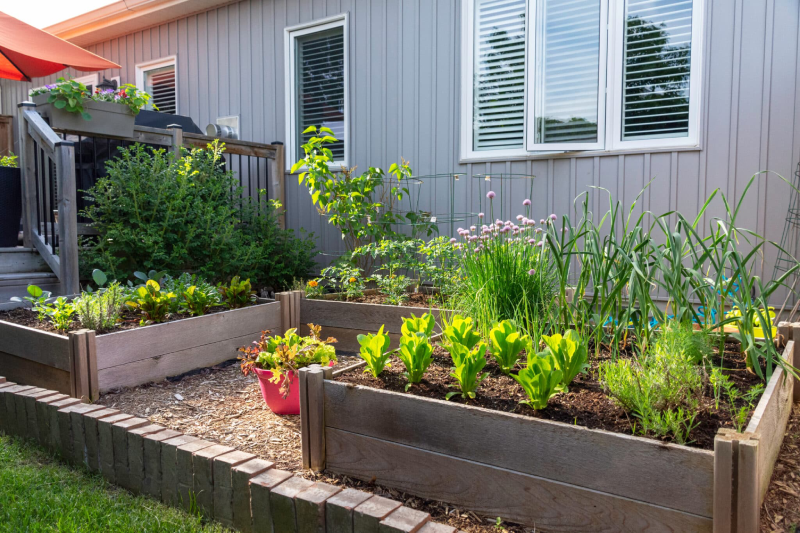
Your cherished garden can suffer greatly from rodent damage, as they consume plants, gather seeds, and leave behind a path of devastation. But with a few clever moves, you can effectively protect your own green haven from these bothersome trespassers. Here, we reveal ten reliable methods for keeping rodents out of gardens, guaranteeing that your lovely plants flourish and your diligent efforts are rewarded. By implementing these strategies, you’ll not only safeguard your garden but also feel a sense of accomplishment in outsmarting these pesky creatures. Let’s get rolling.
How Rodents Damage the Beauty of Your Garden
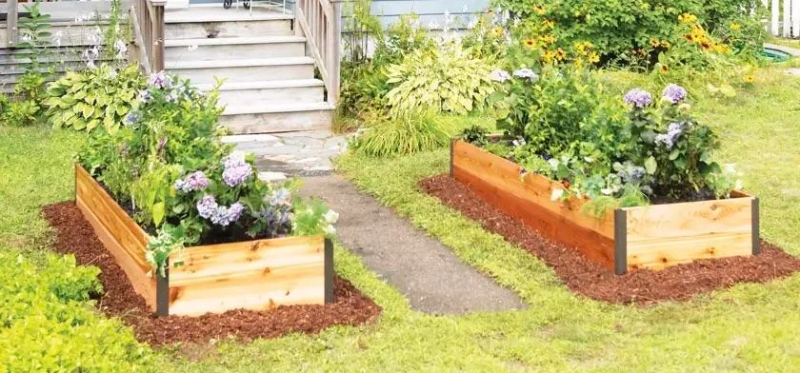
Even little rodents can seriously harm your garden’s appearance and health. Effective prevention requires knowledge of their individual hazards and how they function. Here are five different ways rats may ruin your garden, as well as information on the many kinds of these annoying animals.
- Gnawing on Plants and Vegetables:
Mice, rats, and voles are among the rodent species infamous for their constant chewing. They can readily cut through tree bark, plant stems, and roots with their keen teeth. Rats and mice frequently prey on fragile shoots and vegetables, destroying your labor-intensive harvests in a matter of hours. The plants are directly destroyed by this chewing, but it also makes them more susceptible to pests and illnesses. These rodents are especially drawn to root crops, such as beets and carrots, which can result in significant losses in your garden’s produce. Without proper rodent control, the potential loss can be devastating.
- Digging Up Seeds and Bulbs:
The most annoying way rats harm gardens is by removing bulbs and seeds. Exceptionally skilled at this are squirrels and chipmunks, who frequently uncover recently planted seeds or bulbs in quest of food. This kind of behavior might undermine your planting attempts and necessitate repeated plantings. These disruptions may also disturb the soil structure, which might harm your garden’s general health. Cover seeds and bulbs with barriers or repellents to keep these annoying diggers from ruining your gardening efforts.
- Creating Burrows and Tunnels:
Gophers and voles are experts at causing underground havoc. They dig large tunnels and burrow networks that can weaken plant roots and cause soil instability. This results in plant stress and slower development, compromising your garden’s structural integrity. Rodents that burrow can also harm irrigation systems and upset the delicate ecosystem’s equilibrium in your garden. A beautiful and healthy garden depends on recognizing and controlling these subterranean dangers.
- Spreading Diseases and Pests:
Rodents carry pests and illnesses that might infect your garden plants. For instance, the urine and droppings of rats and mice can spread dangerous infections like leptospirosis and salmonella. They may also bring mites, fleas, and ticks, which might further infest your garden. These diseases and pests may harm plants, lower crop output, and even endanger human and animal health. Preventing rat infestation is essential to maintaining a healthy and disease-free garden ecosystem.
- Damaging Garden Structures:
Rats may damage garden infrastructure and harm plants. They will even chew through wooden garden furniture, sheds, and fences. Rats and mice may chew wood and plastic, which can lead to access holes and hiding places that damage the infrastructure of your garden. In addition to being expensive to fix, this structural damage can provide mice with free access to the produce in your garden. This danger can be reduced by routinely checking and maintaining garden structures.
10 Ways to Safeguard Your Garden Against Rodents
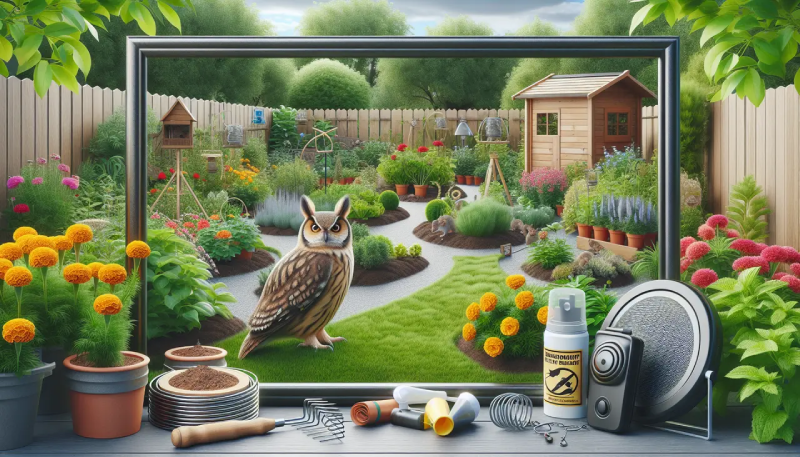
Rodents must not be an impediment to enjoying your personal green space. Here are ten different strategies to keep rodents out of your garden, combining traditional techniques with cutting-edge fixes for the best outcomes.
- Physical barriers:
Putting up physical barriers is one of the best methods to keep rats out. To create a perimeter of gravel or rock around your garden beds, start by clearing the area and then laying down a layer of gravel or rock. This can deter rodents from entering. To stop rats from digging in, use hardware cloth or wire mesh around the base of your garden beds and around fences. Secure the mesh with staples or nails. Further, consider adding an electric wire to the top or bottom of the fence. Innovative solutions such as ultrasonic rodent repellents offer a nontoxic solution to rodents. Another inventive technique to keep rats and other pests away is to use motion-activated sprinklers which upon sensing movement release a blast of water that surprises the intruders, deterring them from coming back.
- Natural repellents:
Using natural repellents can be an excellent method of keeping rodents away from your plants and animals. Strong odors from plants like marigolds, mint, and garlic deter rats. Additionally, you may create DIY sprays with essential oils like lavender, eucalyptus, and peppermint. To keep rodents away, spray them on your plants and around the perimeter of your garden. These natural techniques are safe for both people, pets, and the environment.
- Chemical repellents:
Chemical repellents provide an extra line of defense against rodents. You may use products like granules and sprays to stop rodents from entering your garden and apply them directly to plants. To deter rats from accessing your garden, these solutions frequently contain substances that taste awful or have an unpleasant scent. For secure and efficient use, adhere to the manufacturer’s instructions.
- Use devices:
Electronic repellents are a contemporary, hassle-free way to keep rats out of your yard. These gadgets generate an uninhabitable environment for rats by using vibrations or electromagnetic pulses. Just put them in, and they will continually send out signals that disturb the rodents’ home surrounding your garden. They are a great addition to your rodent control arsenal because they are safe, nontoxic, and low maintenance.
- Maintain hygiene regularly:
Maintaining a neat and orderly garden may significantly lessen the infestation of rodents. Remove fallen fruits, vegetables, and plant debris regularly to prevent rats from finding food and shelter. Pet food should be stored safely, and compost bins should be impenetrable to rodents. Preventing rodent infestations requires regular care and observation. Check your garden often for evidence of rodent activity, such as burrows, gnawed plants, and droppings. Long-term rat control is ensured by keeping your garden well-maintained and modifying it as needed.
- Plants to the rescue:
Certain plants can serve as a deterrent since they naturally resist rodents. Rodents are less inclined to consume daffodils, alliums, and hyacinths, for example, because of their solid smells or poisonous qualities. They safeguard your garden while enhancing your outdoor space’s aesthetics and diversity. Rats can be naturally discouraged from entering your garden by including prickly and thorny plants along the edges. The harsh thorns of plants such as blackberry bushes, hawthorn, and roses may deter rodents from entering. These plants can also enhance the diversity and attractiveness of your garden’s scenery.
- Scare tactics:
Using scare tactics is a cheap and efficient way to keep rats away. Rats can be scared away by objects that provide visual and aural disruptions, such as aluminum foil, reflective tape, or wind-moving pinwheels. Decoys of predators, such as plastic snakes or owls, can also be placed throughout your garden to simulate the presence of real rodent adversaries. Controlling rodent numbers can be achieved by promoting natural predators like drawing in raptors such as owls and hawks or rearing domestic cats.
- Compost and water management:
Rats are drawn to compost piles because they contain a lot of organic stuff and food leftovers. Choose a container of sturdy materials rugged for rats to gnaw through, such as thick plastic or metal. Rats can be deterred from building nests by rotating their compost frequently and maintaining its moisture content. By doing this, you can be confident that your compost will continue to benefit your garden without attracting unsightly pests. Further, gardens that offer easy access to water tend to draw rodents. Removing any standing water sources may discourage these pests from visiting your yard.
- Habitat Diversions:
You may keep rats busy by giving them alternate homes outside your garden. Make a particular feeding station or brush pile away from your central garden, or create a designated area with food and cover. Rodents’ focus may be diverted, and their influence on your plants can be lessened by doing this. But make sure this place is far enough away to prevent bringing in other rats from the surrounding neighborhood.
- Poison baits:
Poison baits should be used very carefully, even if they might be useful in reducing rodent numbers. Place bait stations strategically throughout your garden to ensure that they are out of reach for youngsters and dogs. Select anticoagulant baits made especially for rats. Because of the possible hazards to other species and the environment, use this procedure only as a last option and always follow the manufacturer’s recommendations.
Conclusion
An efficient combination of tactics is needed to keep rats out of your garden. Robust defenses can be established by erecting physical obstacles, using chemical and natural repellents, and utilizing contemporary ultrasonic equipment. Rats are further discouraged by regular upkeep, well-planned plantings, intimidation techniques, and protecting compost heaps. To improve protection, remove water sources, feed beneficial insects, use elevated plant beds, mulch sparingly, and use motion-activated sprinklers. Crop rotation and companion planting disturb rodent habitats, promoting a more robust ecology. These ten tried-and-true techniques can help you have a lush, fruitful, and rodent-free garden. Maintain an eye out and take the initiative to ensure a lovely, abundant green area.

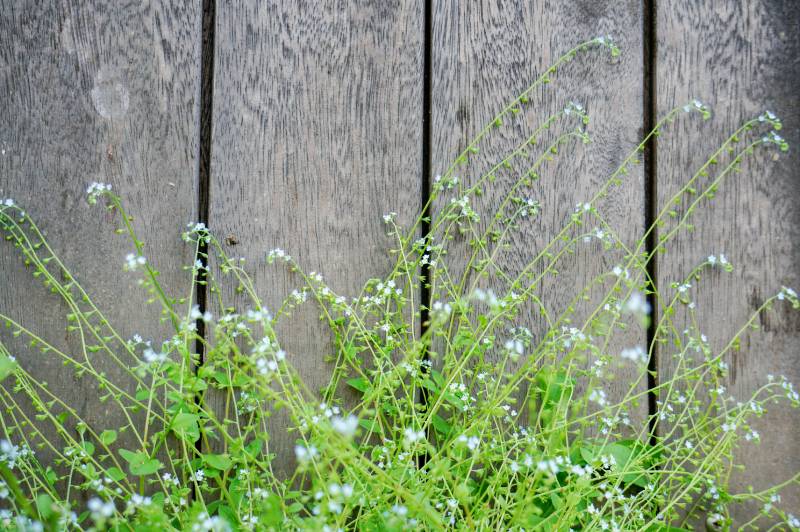
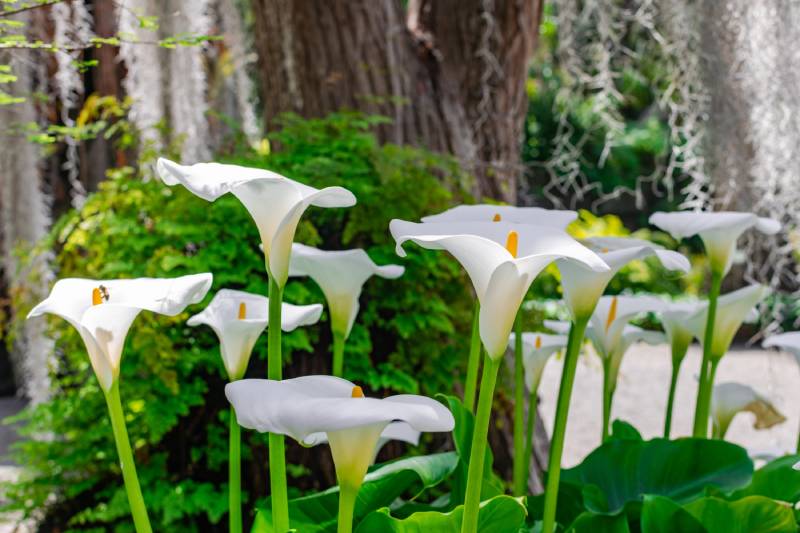
Leave a Reply